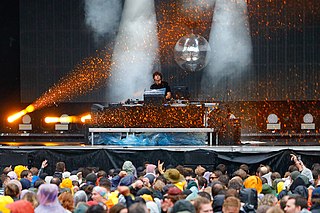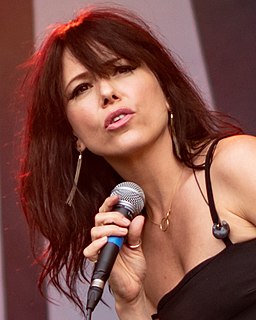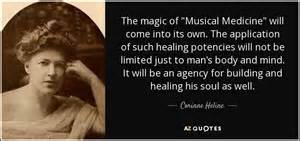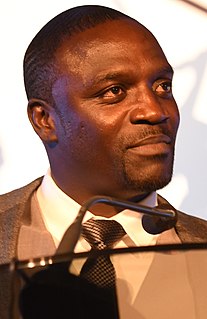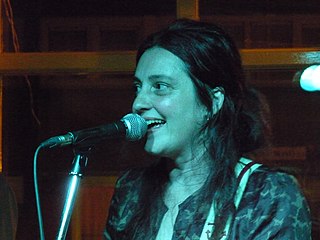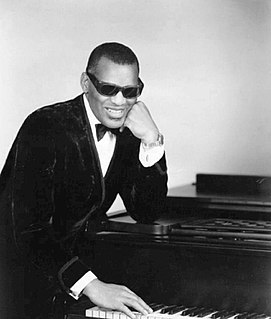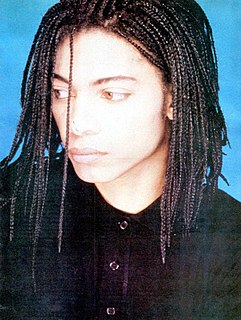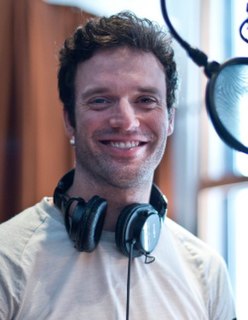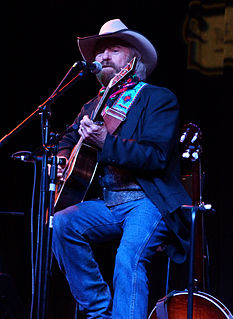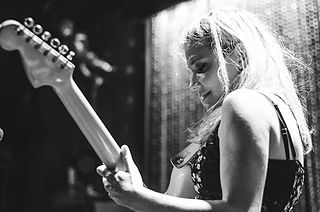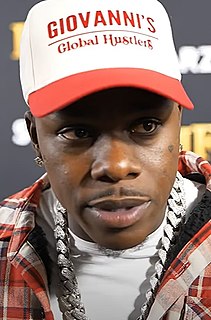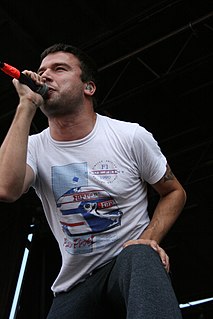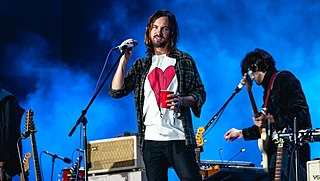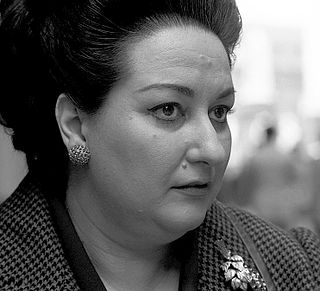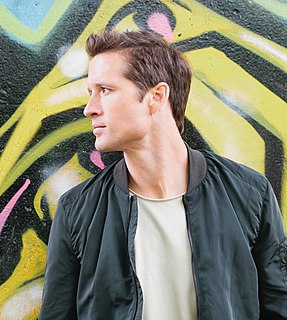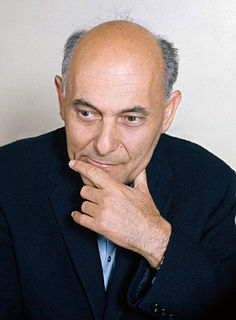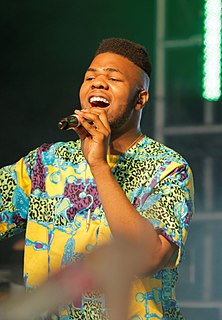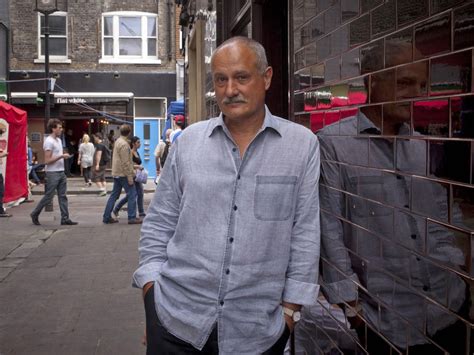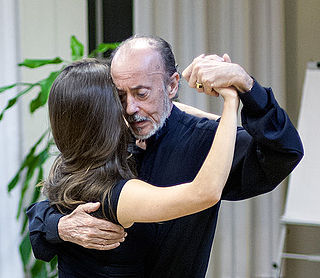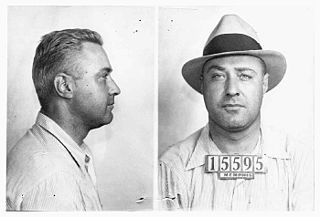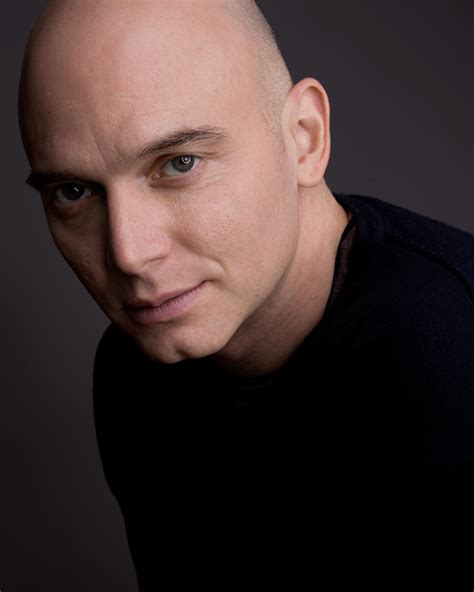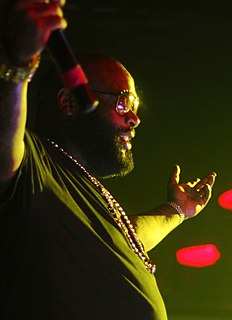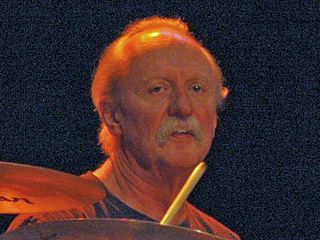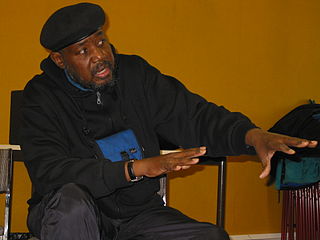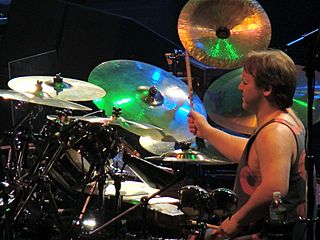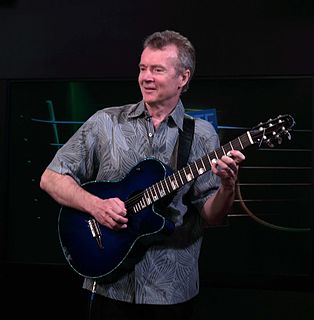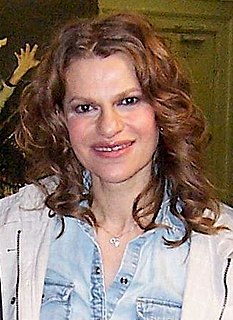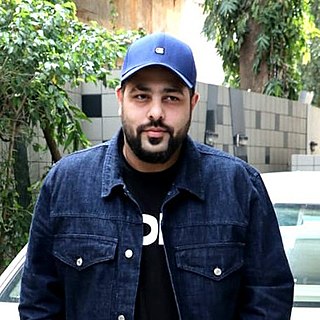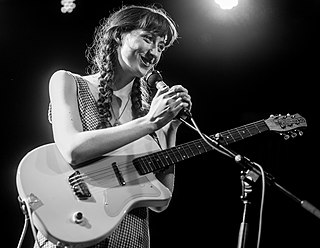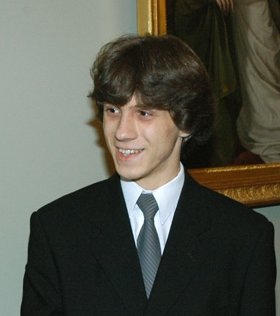Top 1200 Brazilian Music Quotes & Sayings - Page 17
Explore popular Brazilian Music quotes.
Last updated on October 6, 2024.
The Medicine Man occupied the honored role of priest and physician to his tribe. They understood that healing was done by the intercession of celestial spirits. Music was used as the bridge between these planes. Thus we see why music was religious in nature, and music was looked upon as a sacred art.
Years from now, years and years, one of those ships will bring me back, me and my nine Brazilian brats. Because yes, they must see this, these lights, the river -- I love New York, even though it isn't mine, the way something has to be, a tree or a street or a house, something, anyway, that belongs to me because I belong to it.
In the 1960s when the recording studio suddenly really took off as a tool, it was the kids from art school who knew how to use it, not the kids from music school. Music students were all stuck in the notion of music as performance, ephemeral. Whereas for art students, music as painting? They knew how to do that.
There are tons of people in the West who love fiddles, banjos and mandolins. If you got to any cowboy poetry and music gathering those are the instruments they use. It's acoustic music. We don't do that much modern country that has electric guitars and a lot of volume. It's a gentler form of music. It's from the land and comes from the ranchers and farmers.
Jorge Luis Borges had the soapbox and the authority to complain about this myopic understanding of the duty of Latin American writers, which sometimes forecloses their unique modernism and experience of modernization in favor of a mythic past or an artificially constructed ideal national subject. So likewise in João Gilberto Noll, readers shouldn't expect samba and Carnival and football. The Brazilian national identity is not one of his primary concerns.
If your whole world of a band or music is taking place in a digital realm or on technological devices, it's all mediated through those things. That takes away from the experiential and sensual nature of music. That's a lot less exciting for me to think about. It's not my ideal way of living with music.
When we talk about music, we tend to place our experiences into one of two categories: making the music and listening to it. Delineating the two seems practical and obvious. In reality, though, there are a lot of opportunities for overlap, and it doesn't matter how you get into the music as long as you connect with it.
You don't pigeonhole yourself, people pigeonhole you. If the world is not at a place yet where it can just be like, "This music is gay and it's music," then it's not my fault that it gets pigeonholed, it's not the people in the band's fault, it's because people won't just let music be music, people who need to put a name on something or to critique something.
You know when I started playing music as a young man I felt the need to be noticed and to prove myself. My motivation is much different now but what's still left is the love of music and the joy of entertaining people- the feeling that I make a difference, giving something back rather than just taking. Every year or two I come out with new music, or new arrangements of old music which keeps my show fresh.
